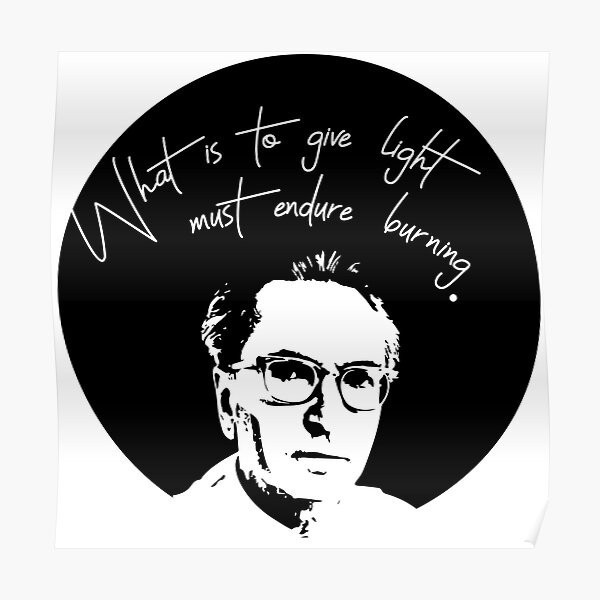
By William Alkhoury January 9th, 2024
Logotherapy: A Meaningful Approach to Psychotherapy
Logotherapy is a type of psychotherapy that focuses on finding meaning and purpose in life, rather than solely focusing on the elimination of symptoms or resolving past traumas. Developed by Austrian neurologist and psychiatrist Viktor Frankl, logotherapy has gained increasing attention in recent years as a valuable approach to addressing a variety of mental health concerns.
In this article, we'll explore what logotherapy is, how it works, and the benefits it can offer to those seeking mental health support. We'll also discuss how logotherapy compares to other forms of psychotherapy and some common misconceptions about the approach.
What is Logotherapy?
Logotherapy is a type of psychotherapy that emphasizes the importance of finding meaning and purpose in life. According to Frankl, our primary motivation as humans is to find meaning, and that without a sense of purpose, we are susceptible to experiencing a sense of emptiness and despair.
Logotherapy aims to help individuals discover and cultivate meaning in their lives, often through reflection and exploration of their values and beliefs. Unlike some other forms of psychotherapy, logotherapy is less focused on the past or present symptoms and more focused on the future and what gives an individual's life meaning.
How Does Logotherapy Work?
Logotherapy works by helping individuals identify what gives their life meaning and purpose, and then using that as a guide for behavior and decision-making. Through exploring personal values and beliefs, individuals can identify what truly matters to them and what actions they can take to align their lives with those values.
One central technique of logotherapy is called paradoxical intention, which involves intentionally doing the opposite of what a person is trying to achieve. For example, a person with anxiety might be instructed to intentionally try to make themselves more anxious. This approach can help individuals learn to face their fears and develop a sense of control over their thoughts and emotions.
Another technique used in logotherapy is called dereflection, which involves focusing one's attention away from negative thoughts or feelings and towards positive actions or experiences. For example, a person experiencing grief might be encouraged to engage in activities that they enjoy or that align with their values, such as volunteering or spending time with loved ones.
Benefits of Logotherapy
Logotherapy can offer several benefits to individuals seeking mental health support, including:
- A sense of purpose and meaning in life
- Increased self-awareness and personal growth
- Improved emotional regulation and coping skills
- Greater resilience in the face of adversity
Logotherapy has been found to be effective in treating a variety of mental health concerns, including depression, anxiety, and addiction. It can also be used to support individuals in navigating major life transitions or finding direction in their careers or relationships.
Logotherapy vs. Other Forms of Psychotherapy
Logotherapy differs from some other forms of psychotherapy in its focus on meaning and purpose. For example, cognitive-behavioral therapy (CBT) focuses on identifying and changing negative thought patterns, while psychodynamic therapy explores how past experiences may be impacting present behavior.
While logotherapy can complement these approaches, it offers a unique perspective that focuses on the future and what individuals can do to create a fulfilling life.
Misconceptions About Logotherapy
Some common misconceptions about logotherapy include:
- It is a religious approach - while logotherapy can involve exploring spiritual beliefs, it is not inherently religious and can be adapted to fit an individual's personal worldview.
- It is only for those with existential crises - logotherapy can be beneficial for anyone seeking to find greater purpose and meaning in their lives, regardless of whether they are experiencing an existential crisis.
- It is too simplistic - while logotherapy is based on a straightforward principle of finding meaning in life, it can be a complex and nuanced approach.